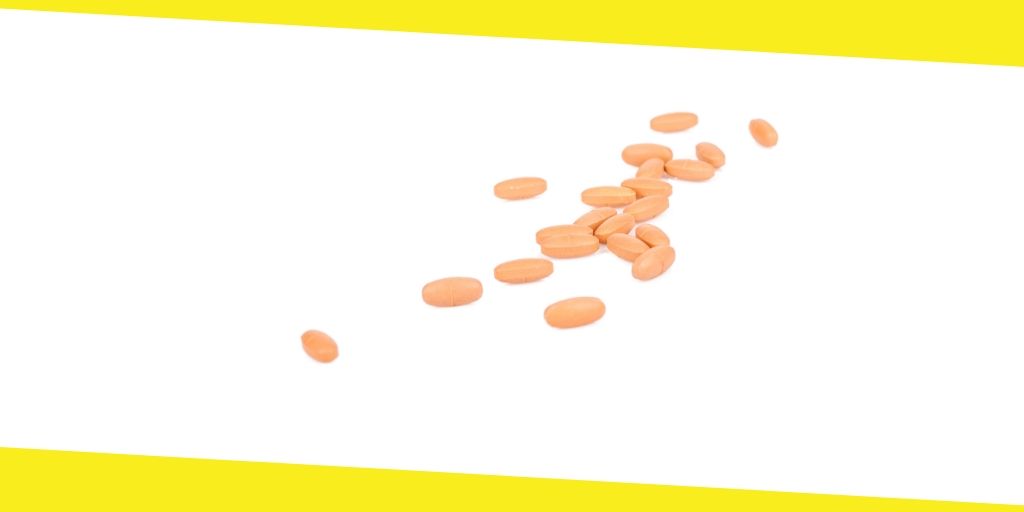How Recombinant Proteins Can Be Made into Vaccines

As the whole world is affected by the COVID-19 pandemic, governments are racing to develop a vaccine against this new coronavirus strain. Because of this, the media is continually monitoring updates on vaccine development. If you have closely followed the different media programs on the COVID-19, you may have encountered a lot of technical and medical terms related to the creation of an anti-COVID drug. You may have also encountered news about recombinant proteins for sale being used to manufacture COVID-19 vaccines. If you are not a medically-trained person, you may find all of this confusing. Here is a simple explanation of how recombinant proteins can help create a vaccine against the latest coronavirus strain.
What are the Recombinant Proteins?
Protein is a vital macromolecule found in all living cells and accounts for an average of fifty-five percent of a cell’s dry weight. This percentage makes protein an essential part of all organisms. There are around 3,000,000 protein molecules per cell, and each molecule is made up of different amino acid combinations. Because of the various amino acid makeup of protein molecules, proteins can be divided into different categories according to their functions.
Different types of proteins have different functions in the body. The structure of the protein will depend on the DNA or RNA that is encoded within it. Therefore, the DNA coding within the protein structure will dictate the combination of the amino acids and the function that the protein molecule will perform within the body.
Proteins can be categorized as enzymes, antibodies, messenger proteins, and other functional groups. Before, the only way to obtain a protein with a specific function is to isolate them straight from the source organism. This process has been proven, inefficient, and time-consuming. Fortunately, advances in biological and medical technology have made it possible to inject DNA or RNA encoding into protein blanks to produce the specific protein needed by scientists and medical researchers. The protein encoded purposely with specific DNA coding is called recombinant protein.
Simply put, the recombinant protein is the manipulation of the amino acid sequence of a protein molecule through specific DNA encoding to produce proteins with particular functions. This recombinant protein then undergoes various processes to regenerate large quantities of itself.
How are Recombinant Proteins Used?
The premise of recombinant protein is to harness the power of living cells to produce massive amounts of specific proteins for pharmaceutical use. Scientists will inject specific plasmids containing the blueprints that will instruct the cells to create specific proteins. For example, if scientists want to create massive amounts of antibody protein, then they will inject a plasmid containing antibody blueprint into a cell. The cell will then carry out the instructions contained within the plasmid to produce only antibody protein that will be used as vaccines. Vaccines made with recombinant protein technology are easier to make, easier to purify, and are just as safe as vaccines produced with live or killed vaccines.
How are Recombinant Proteins Used for COVID 19 Vaccine?
By thoroughly studying the genetic sequence or genetic coding of the COVID 19 virus, scientists will then have the coding to produce recombinant proteins that can be used to create a vaccine for COVID 19. Once the recombinant proteins have been produced, scientists can already develop vaccines for trials.
As of the moment, some potential coronavirus vaccines are already scheduled for human trials. Without the use of modern recombinant protein technology and manufacturers that offer recombinant proteins for sale, the process of isolating proteins to be used as vaccines and the production of the specific proteins would take years or even decades to develop.
Recommended For You
Taking Control of Your Intimate Health
Most Inside
Most Inside offers high-quality recommendations and valuable updates to enhance all aspects of your life, providing premium guidance and enriching experiences.




